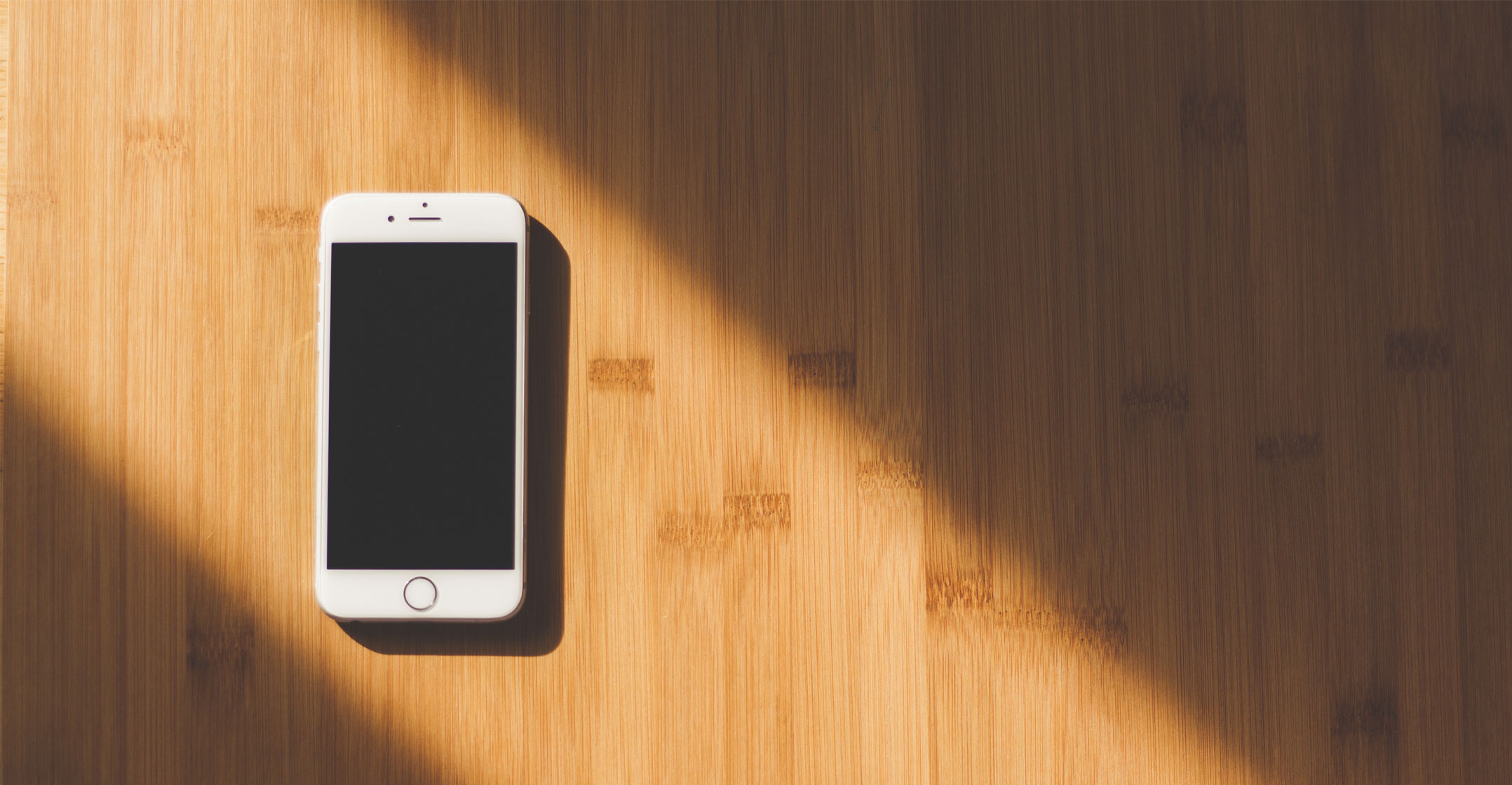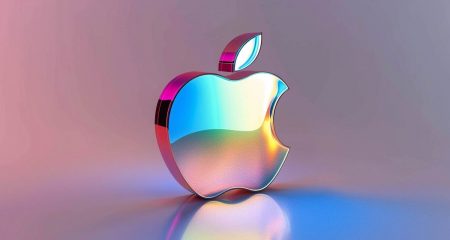
The US department of justice and the Securities and Exchange Commission are investigating whether Apple violated securities laws concerning its disclosures about a software update that slowed older iPhone models, according to people familiar with the matter.
The government has requested information from the company, according to the people, who asked not to be named because the probe is private. The inquiry is in early stages, they cautioned, and it’s too soon to conclude any enforcement will follow.
A spokesman for the SEC declined to comment. An Apple spokeswoman didn’t immediately respond to a request for comment. Shares of the company fell 1.3% to US$165.87 in early afternoon trading in New York.
The news comes as Apple shares have been under pressure on concern about weaker-then-expected iPhone X sales ahead of its earnings report on Thursday.
Several weeks ago, the company admitted to slowing down the performance of older iPhones models to make their batteries last longer. Apple released a software update early in 2017 that throttled older iPhones, but didn’t specify that the action slowed the devices. In December, Apple apologised for not clearly communicating this information and vowed to release another update to mitigate the concern.
The slowdowns only occur when the iPhone’s battery reaches a certain, unspecified point of low health and can be fixed if a user replaces the old battery with a new one. As part of its public apology, Apple cut the prices of battery replacements in its stores to $29, a $50 discount.
Apple plans to release an iPhone software update, iOS 11.3, in the spring with new features that allow users to monitor the health of their batteries and protect against slowdowns. If consumers turn off the throttling, older iPhones will be more prone to randomly rebooting, Apple has said. The system affects iPhone 7 models and older, but not the iPhone 8 and iPhone X, according to the company.
Global backlash
After apologising to customers in December, Apple was sued by consumer advocacy groups and individual iPhone users in a global backlash. US government officials, including senator John Thune have also questioned Apple about the slowdowns.
The situation is a self-inflicted black eye on the company. It has been wrestling with some other software-related issues, including processor vulnerabilities that have affected other technology companies and a login flaw that allows intruders to access files on Mac computers without a password. Apple is delaying some key iPhone and Mac software features planned for release this year to focus on quality improvements. — Reported by Tom Schoenberg and Matt Robinson, with assistance from Mark Gurman, (c) 2018 Bloomberg LP




